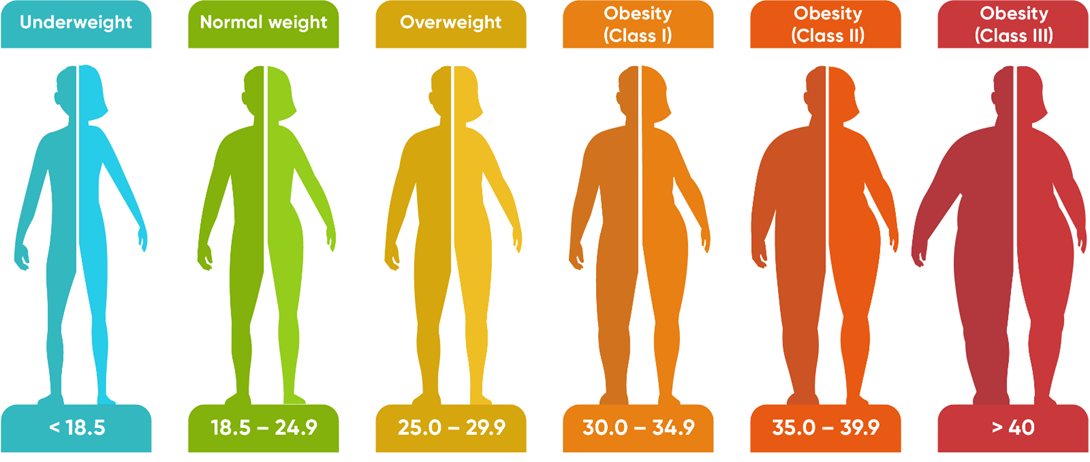A nurse is providing teaching about food choices to a client who has a new prescription for tranylcypromine. Which of the following foods should the nurse identify as an acceptable choice while the client is taking this medication?
Fried chicken
Salami
Smoked salmon
Cheddar cheese
The Correct Answer is A
Choice A reason: Fried chicken is an acceptable choice for a client who is taking tranylcypromine, a monoamine oxidase inhibitor (MAOI). MAOIs can cause a hypertensive crisis if the client consumes foods that are high in tyramine, such as aged cheeses, cured meats, smoked fish, and fermented products. Fried chicken does not contain tyramine and is safe to eat.
Choice B reason: Salami is not an acceptable choice for a client who is taking tranylcypromine, as it is a cured meat that is high in tyramine. The nurse should advise the client to avoid salami and other similar foods, such as pepperoni, ham, bacon, and sausage.
Choice C reason: Smoked salmon is not an acceptable choice for a client who is taking tranylcypromine, as it is a smoked fish that is high in tyramine. The nurse should advise the client to avoid smoked salmon and other similar foods, such as herring, anchovies, and caviar.
Choice D reason: Cheddar cheese is not an acceptable choice for a client who is taking tranylcypromine, as it is an aged cheese that is high in tyramine. The nurse should advise the client to avoid cheddar cheese and other similar foods, such as blue cheese, Swiss cheese, and Parmesan cheese.
Nursing Test Bank
Naxlex Comprehensive Predictor Exams
Related Questions
Correct Answer is B
Explanation
Choice A reason: Weight gain of 0.45 kg (1 lb) per week is not within the expected reference range for a client who is in the second trimester of pregnancy and has a normal BMI. The recommended weight gain for this client is 0.35 to 0.5 kg (0.8 to 1 lb) per week.
Choice B reason: Intake of 200 extra calories per day is within the expected reference range for a client who is in the second trimester of pregnancy and has a normal BMI. The recommended caloric intake for this client is 2200 to 2900 calories per day, which is about 340 to 450 calories more than the pre-pregnancy intake.
Choice C reason: Intake of 100 extra calories per day is not within the expected reference range for a client who is in the second trimester of pregnancy and has a normal BMI. The recommended caloric intake for this client is 2200 to 2900 calories per day, which is about 340 to 450 calories more than the pre-pregnancy intake.
Choice D reason: Weight gain of 0.91 kg (2 lb) per week is not within the expected reference range for a client who is in the second trimester of pregnancy and has a normal BMI. The recommended weight gain for this client is 0.35 to 0.5 kg (0.8 to 1 lb) per week.

Correct Answer is B
Explanation
The correct answer is: b. Offer the client frozen bananas as a snack.
Choice A: Discourage the use of a straw
Discouraging the use of a straw is not the best intervention for a client with stomatitis following radiation therapy. While using a straw might cause some discomfort, it is not a primary concern. The focus should be on providing soothing and non-irritating foods.
Choice B: Offer the client frozen bananas as a snack
Offering the client frozen bananas as a snack is an appropriate intervention. Frozen bananas can provide a soothing effect on the inflamed oral tissues and are less likely to cause irritation compared to other foods. They are also nutritious and easy to consume, making them a suitable option for clients with stomatitis.
Choice C: Serve the client hot meals
Serving hot meals is not recommended for clients with stomatitis. Hot foods can exacerbate the discomfort and irritation in the mouth, making it more painful for the client to eat. It is better to serve foods at a moderate or cool temperature to avoid further irritation.
Choice D: Avoid serving sauces or gravies
Avoiding sauces or gravies is not the best intervention for a client with stomatitis. While some sauces or gravies might be irritating, others can be soothing and help make the food easier to swallow. The key is to choose mild and non-spicy options that do not irritate the oral tissues.
Whether you are a student looking to ace your exams or a practicing nurse seeking to enhance your expertise , our nursing education contents will empower you with the confidence and competence to make a difference in the lives of patients and become a respected leader in the healthcare field.
Visit Naxlex, invest in your future and unlock endless possibilities with our unparalleled nursing education contents today
Report Wrong Answer on the Current Question
Do you disagree with the answer? If yes, what is your expected answer? Explain.
Kindly be descriptive with the issue you are facing.
